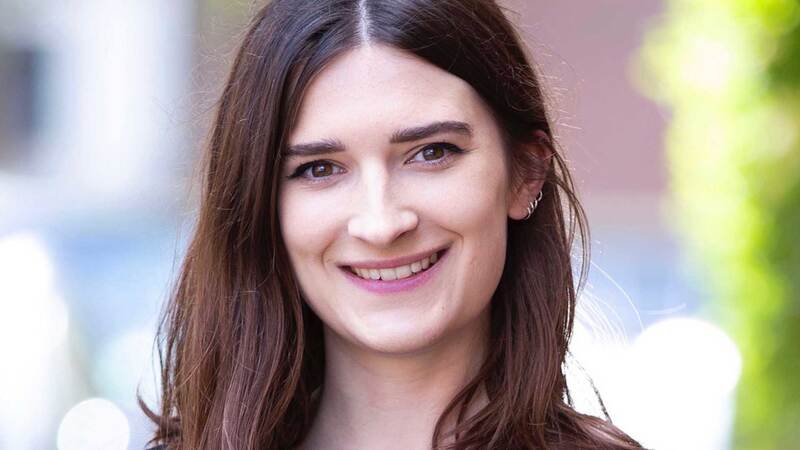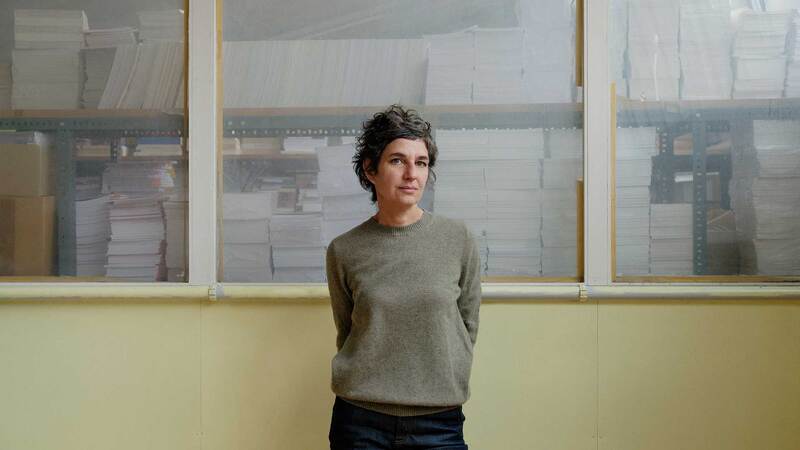You are viewing your 1 free article this month. Login to read more articles.
Martin, Grisham and Picoult among 17 authors to file AI lawsuit
The Authors Guild and 17 authors including George R R Martin, John Grisham and Jodie Picoult have filed a class-action suit against OpenAI for copyright infringement of their works of fiction and “on behalf of a class of fiction writers whose works have been used to train GPT".
The named plaintiffs in the case filed in the Southern District of New York include David Baldacci, Mary Bly, Michael Connelly, Sylvia Day, Jonathan Franzen, John Grisham, Elin Hilderbrand, Christina Baker Kline, Maya Shanbhag Lang, Victor LaValle, George R R Martin, Jodi Picoult, Douglas Preston, Roxana Robinson, George Saunders, Scott Turow and Rachel Vail.
Rachel Geman, a partner with Lieff Cabraser and co-counsel for the plaintiffs and the proposed class, stated: “Without the plaintiffs’ and the proposed class’ copyrighted works, the defendants would have a vastly different commercial product. The defendants’ decision to copy authors’ works, done without offering any choices or providing any compensation, threatens the role and livelihood of writers as a whole.”
Scott Sholder, a partner with Cowan, DeBaets, Abrahams & Sheppard and co-counsel for the plaintiffs and the proposed class, added: “The plaintiffs don’t object to the development of generative AI, but the defendants had no right to develop their AI technologies with unpermitted use of the authors’ copyrighted works. The defendants could have ‘trained’ their large language models on works in the public domain or paid a reasonable licensing fee to use copyrighted works.”
The Authors Guild said they organised the lawsuit after “witnessing first-hand the harm and existential threat to the author profession wrought by the unlicensed use of books to create large language models that generate texts”.
The council of the Authors Guild and the board of the Authors Guild Foundation voted unanimously (with abstentions) to file the suit because of the “profound unfairness and danger of using copyrighted books to develop commercial AI machines without permission or payment".
Maya Shanbhag Lang, president of the Authors Guild, said: “The Authors Guild serves to protect the literary landscape and the profession of writing. This case is merely the beginning of our battle to defend authors from theft by OpenAI and other generative AI. As the oldest and largest organisation of writers, with nearly 14,000 members, the guild is uniquely positioned to represent authors’ rights. Our membership is diverse and passionate. Our staff, which includes a formidable legal team, has expertise in copyright law. We do not bring this suit lightly. We are here to fight.”
The Authors Guild raised concerns that GPT is already being used to generate books that mimic human authors’ work, such as a recent attempt to generate volumes six and seven of Martin’s Game of Thrones series A Song of Ice and Fire.
Authors Guild c.e.o. Mary Rasenberger commented: “It is imperative that we stop this theft in its tracks or we will destroy our incredible literary culture, which feeds many other creative industries in the US. Great books are generally written by those who spend their careers and, indeed, their lives, learning and perfecting their crafts. To preserve our literature, authors must have the ability to control if and how their works are used by generative AI.
“The various GPT models and other current generative AI machines can only generate material that is derivative of what came before it. They copy sentence structure, voice, storytelling, and context from books and other ingested texts. The outputs are mere remixes without the addition of any human voice. Regurgitated culture is no replacement for human art.”
This suit highlights the “particularly egregious” harm to the fiction market. For fiction writers, OpenAI’s unauthorised use of their work is “identity theft on a grand scale”, the Authors Guild contends. According to Rasenberger: “People are already distributing content generated by versions of GPT that mimic or use original authors’ characters and stories. Companies are selling prompts that allow you to ‘enter the world’ of an author’s books. These are clear infringements on the intellectual property rights of the original creators.”
She added: “This class-action suit focuses on fiction writers as a first step, as it is a well-defined and cohesive class of writers, as works of fiction are already being widely mimicked with GPT; we do of course also see harm to non-fiction markets and are addressing that as well. In all events, a positive outcome of this case will resound to the benefit of writers from all genres.”
Franzen stated: “Generative AI is a vast new field for Silicon Valley’s long-standing exploitation of content providers. Authors should have the right to decide when their works are used to ‘train’ AI. If they choose to opt in, they should be appropriately compensated.” The full complaint can be read here.
The action comes after a similar class action suit was filed in July in a San Francisco Federal Court following revelations that OpenAI’s ChatGPT, along with Google’s BERT, another large language model, was trained using a raft of more than 7,000 books scraped from Smashwords – a platform for self-publishing e-books – without permission. Also in July, more than 8,000 authors including Margaret Atwood, Jennifer Egan, George Saunders and Jodi Picoult – now a plaintiff in the above lawsuit – signed an Authors Guild-led open letter to Generative AI leaders calling on the chief executive officers of OpenAI, Alphabet, Meta, Stability AI and IBM to obtain consent, credit, and fairly compensate writers for the use of copyrighted materials in training AI.


















